This Religion Called Christianity 7
Mike Ervin
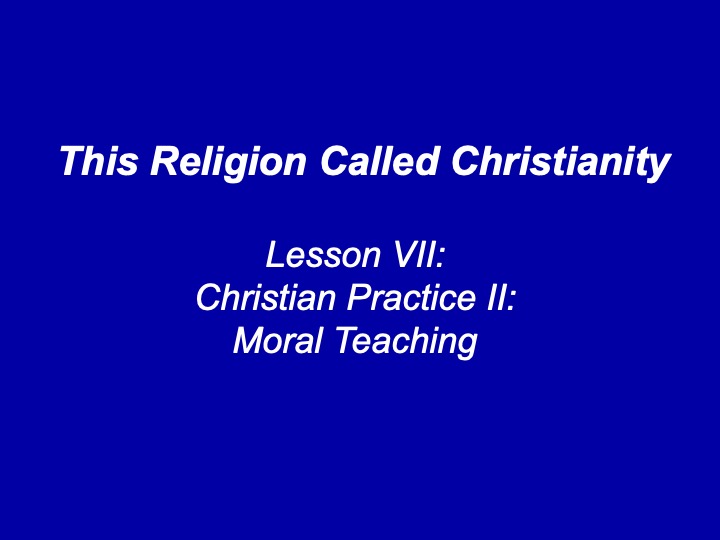
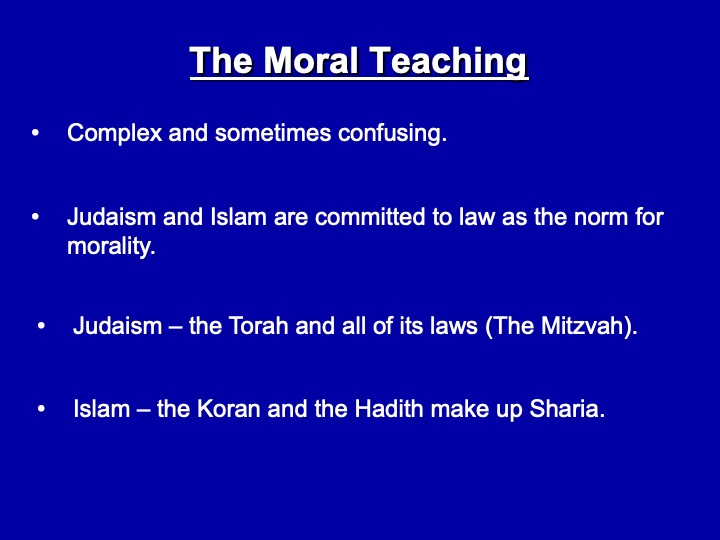
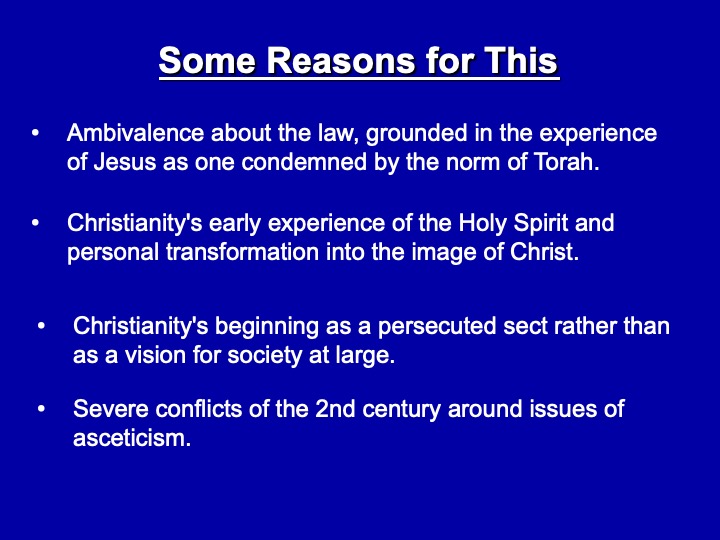
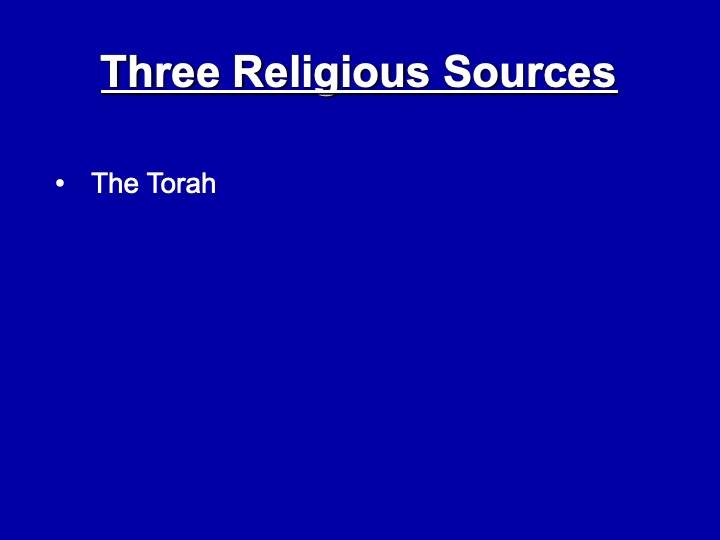
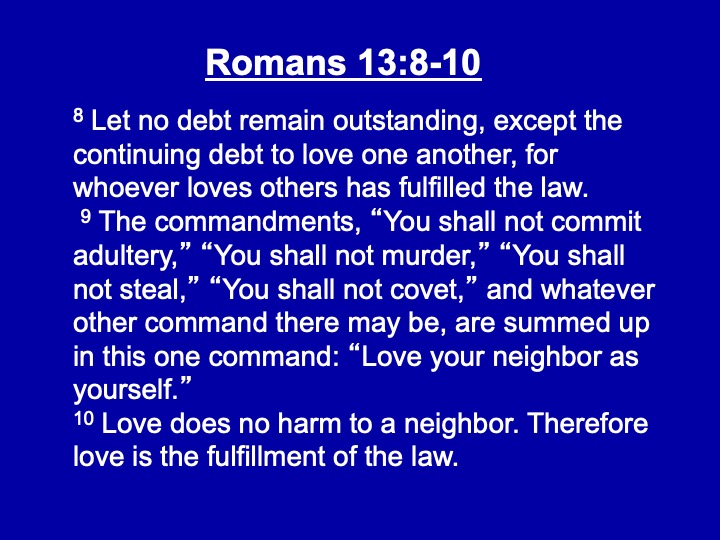
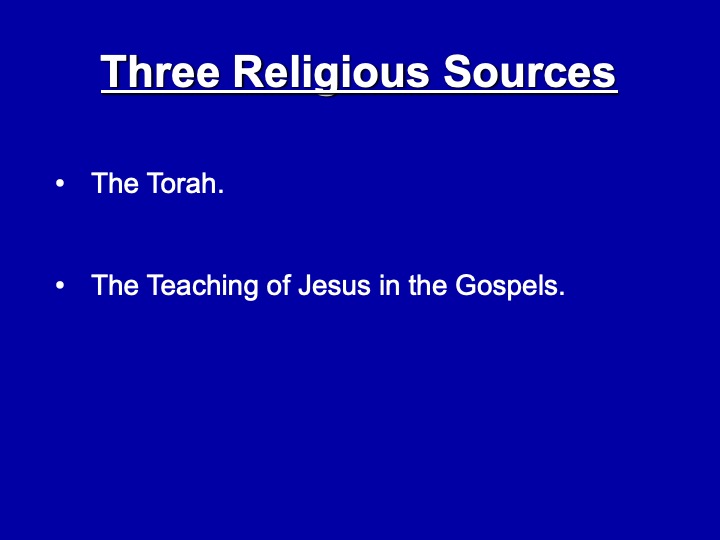
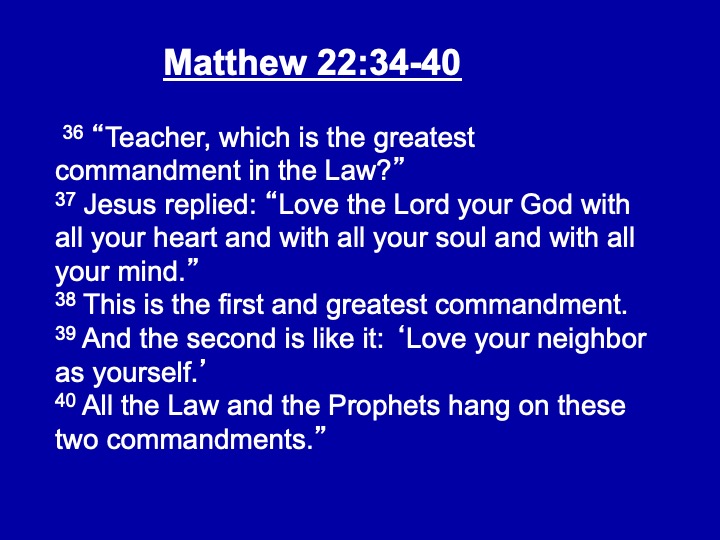
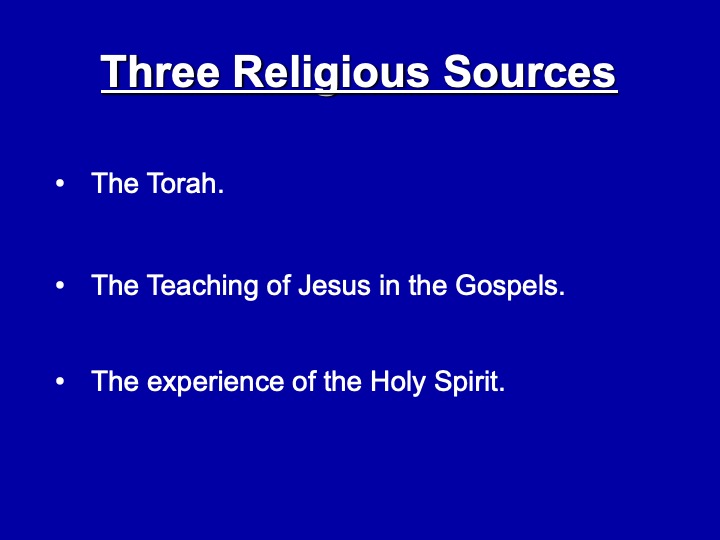
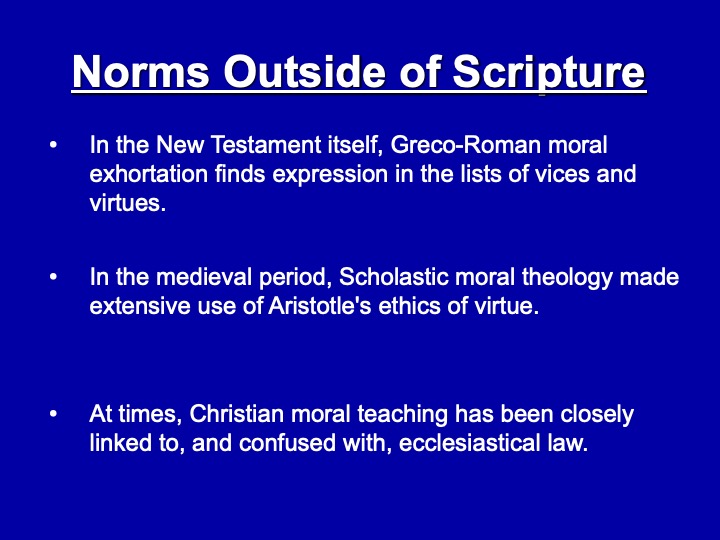
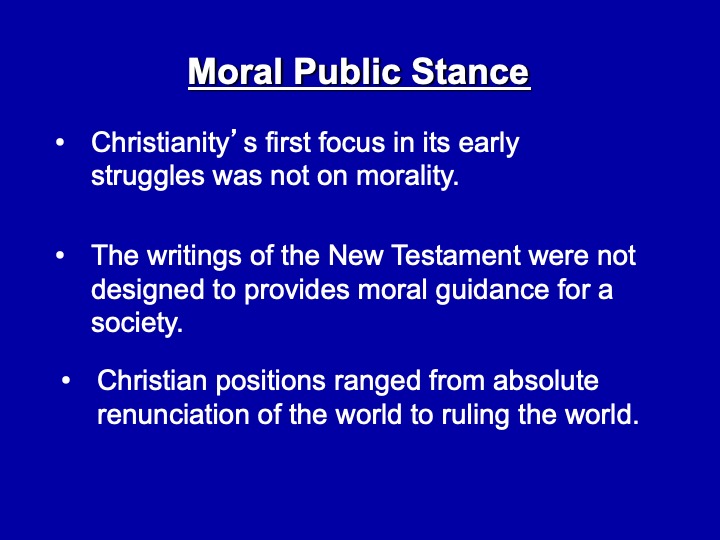
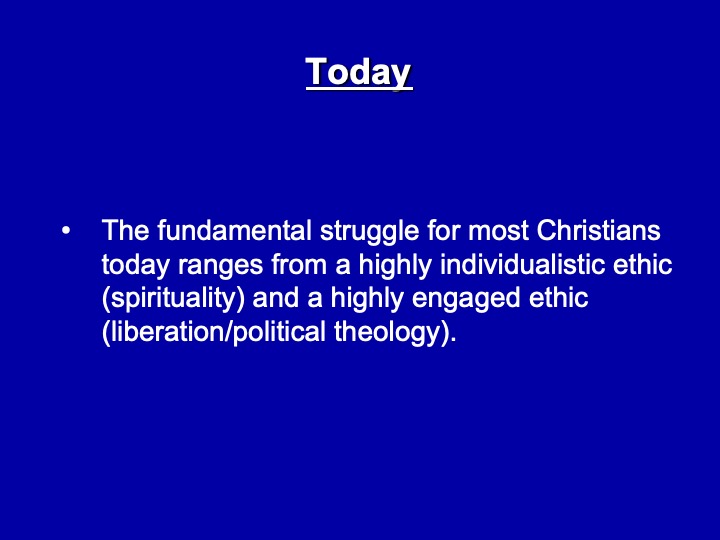

This Religion Called Christianity 7
Links
< Home Page > < This Religion Called Christianity >
Class Seven of This Religion Called Christianity - Moral Teaching
One of the key ideas I have been trying to get across as we have covered This Religion Called Christianity is that this particular religion is really quite complicated. I hope you have begun to get a sense of that. It is not going to get simpler today. One of the things that has always amused me when I read any criticism of Christians from non-Christians is that they actually think they can characterize Christians or Christianity is a few bullet points. I am sorry but if you want to criticize Christians it is going to take a book. And it is more than the fact that there are a thousand different versions of Christianity, existing a multitude of cultures. It is actually hard to characterize the beliefs and/or practices of the Christians in one of those groups.
In lesson 1 I gave a definition of religious experience from a theologian named Joaichim Bach he distinguished religious experience from aesthetic experience by the final criterion in that religious experience always issued in appropriate action. In the last discussion we saw that one way in which Christians translated the religious experience of Jesus into appropriate action was organized space and time in worship. Today we will discuss another way in which Christian practice issues in appropriate action – namely in how Christians have tried to structure their lives ethically.
So we turn to Christian Practice Number 2 – Moral Teaching
Scope: Every great religious tradition demands of adherents a manner of living consonant with its understanding of the world. Christianity is no exception. Unlike Judaism and Islam, however, Christianity has struggled to formulate a consistent moral code. This is partly due to its ambivalence concerning law and partly to its emphasis on internal transformation. Some aspects of Christian ethics are continuous with Judaism (e.g., the Ten Commandments), some derive from the teachings and example of Jesus (e.g., the Sermon on the Mount), and some derive from the distinctive experience of the Resurrection (e.g., virginity). Over the course of time, elements from Scripture have been supplemented by other sources, such as Greek philosophy. Not surprisingly, one of the most disputed aspects of Christian moral teaching involves its stance toward the larger society and involvement in the political order.
Outline - This Religion Called Christianity
I. Compared to other Western religions, the moral teaching of Christianity is complex and, in some respects, confusing.
A. Both Judaism and Islam are committed to law (Torah, Shariah) as the adequate expression of moral values.
B. Christianity, in contrast, has struggled to shape a consistent moral message that is consonant with its central experiences and convictions.
1. In part, this is the result of ambivalence about the law, grounded in the experience of Jesus as one condemned by the norm of Torah.
2. In part, this is due to Christianity's early experience of the Holy Spirit and personal transformation into the image of Christ.
3. In part, this stems from Christianity's beginning as a persecuted sect rather than as a vision for society at large.
4. In part, this arises from the severe conflicts of the 2nd century around issues of asceticism.
This Religion Called Christianity
II. As it developed, Christianity drew on three main sources for its moral teaching.
A. The Law of Moses (Torah) continued to play a key role in shaping Christian morality.
•In fact, aspects of the Torah are foundational for many Christians moral behavior. Christians have always considered the Old Testament story to also be their story. Christians reading that story read that they are in a relationship with God – a covenant. And a covenant is a binding relationship of loyalty. Morality is thought of not as in Greco-Roman ethics as becoming a certain kind of person, but rather as a response to a divine being. A personal response of obedience or disobedience. And this covenant is articulated in terms of observances which express God’s will – the Commandments. By doing these things the Christian pleases God by showing loyalty – just as one pleases a father, and God is the Father. So this aspect of Christian ethics is like Jewish ethics – it is theological in nature. So Christian morality is not defined in terms of virtues and vices, as in Greco-Roman ethics, but in terms of faith and sin. Faith is the positive response to the Deity, and sin is the negative or disobedient response – a rupture of the covenant relationship through immoral behavior. So the framework of Torah and the covenant to God remain enduringly important to Christians.
1. But Christians distinguished (as Jews did not) between the ritual commandments, which no longer applied. And the moral commandments, which did.
2. In particular, Christians accepted the force of the Ten Commandments (Exod. 20:2-27; Deut. 5:6-21) and the commandment to love the neighbor as the self (Lev 19:18)
B. The teaching of Jesus in the Gospels, especially the Sermon on the Mount (Matt. 5-7) is regarded as of central importance to Christian morality.
1. Jesus is understood as reinterpreting Torah through interiorization, intensification, and radicalization.
2. Jesus identifies as the two "great commandments the love of God and the love of neighbor (see Matt. 22:34-40)
3. Jesus issues a call to discipleship that demands a radical renunciation of parents, property, and marriage
C. The experience of the Holy Spirit consequent on the Resurrection of Jesus served as both the source and shaper of moral life (Galatians 5 :25).
1. Both virginity and martyrdom can be seen as bodily expressions of belief in the resurrection life.
2. The Spirit enabled believers to have "the mind of Christ" (I Cor. 2: 16) that guided their moral reasoning.
3. An emphasis on interior disposition made the following of one's conscience, rather than an external norm as paramount (1 Cor. 8-10).
This Religion Called Christianity
III. From the start, Christianity has also drawn on other moral norms to supplement the three main authorities.
A. In the New Testament itself, Greco-Roman moral exhortation finds expression in the lists of vices and virtues, in the tables of household ethics, and in the appropriation of such ideals as contentment or self-sufficiency.
B. In the medieval period, Scholastic moral theology made extensive use of Aristotle's ethics of virtue.
C. At times, Christian moral teaching has been closely linked to ecclesiastical law, leading to forms of moral casuistry.
This Religion Called Christianity
IV. The struggle for a consistent public moral stance has characterized Christianity for much of its history.
A. Christianity's first focus as a struggling sect was on its own identity vis-a-vis Judaism and Hellenism, rather than on legislating for society as a whole.
B. The writings of the New Testament are ill-fitted to providing moral guidance for a society.
C. Christians have adopted a spectrum of positions, from the absolute renunciation of the world to ruling the world.
D. The fundamental struggle for most Christians today is between a highly individualistic ethic (spirituality) and a highly engaged ethic (liberation/political theology).